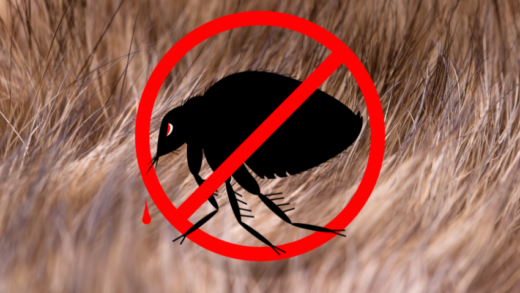Living a healthy lifestyle is essential for maintaining optimal physical, mental, and emotional health. With so much conflicting information and advice out there, however, it can be difficult to know where to start. In this article, we’ll explore some key components of a healthy lifestyle, including nutrition, physical activity, stress management, sleep, social connections, and mental and emotional well-being.
Nutrition:
Eating a balanced, whole-foods-based diet is essential for fueling our bodies with the nutrients they need to function optimally. This means incorporating plenty of fruits and vegetables, lean proteins, healthy fats, and whole grains into our meals. It’s also important to stay hydrated by drinking plenty of water throughout the day.

Physical Activity:
Regular physical activity is crucial for maintaining optimal health and well-being. This can include anything from walking and jogging to strength training, yoga, and other forms of exercise. Finding physical activities that you enjoy is key to making exercise a part of your daily routine.
Stress Management:
Stress is a normal part of life, but chronic stress can have negative effects on our health and well-being. Stress management techniques such as mindfulness, deep breathing, and exercise can help reduce stress levels. It’s also important to prioritize relaxation and self-care, and to develop healthy coping strategies such as talking to a trusted friend or seeking professional support.
Sleep:
Getting adequate, restful sleep is essential for maintaining optimal physical, mental, and emotional health. Creating a sleep-friendly environment, such as keeping your bedroom cool and dark, can help promote restful sleep. Establishing a consistent sleep schedule and winding down before bedtime can also help signal to your body that it’s time to sleep.
Social Connections:
Building meaningful relationships and social connections is essential for maintaining optimal mental and emotional well-being. Engaging in activities that interest you, volunteering, and joining clubs or groups that align with your values and interests can help you meet like-minded individuals and build meaningful connections. It’s also important to prioritize communication and open, honest dialogue in your relationships.
Mental and Emotional Well-being:
Taking care of our mental and emotional well-being is just as important as taking care of our physical health. This can include practices such as mindfulness, meditation, and therapy. It’s also important to cultivate a positive mindset and practice self-compassion, especially during difficult times.
Bullet Points:
- A healthy lifestyle is about finding balance and making conscious choices that support our health and well-being.
- Key areas of a healthy lifestyle include nutrition, physical activity, sleep and relaxation, stress management, social connection, and mental and emotional health.
- Eating whole foods, incorporating movement into daily life, prioritizing sleep and relaxation, developing stress management strategies, nurturing relationships, and seeking support for mental and emotional health are all important habits for a healthy lifestyle.
- Finding balance is a continuous journey, and it’s important to be patient and kind to ourselves along the way.
FAQs:
What is a healthy lifestyle?
A healthy lifestyle is about finding balance and making conscious choices that support our physical, mental, and emotional well-being. It includes habits such as eating whole foods, incorporating movement into daily life, prioritizing sleep and relaxation, developing stress management strategies, nurturing relationships, and seeking support for mental and emotional health.

What are the benefits of a healthy lifestyle?
A healthy lifestyle can help reduce the risk of chronic diseases such as heart disease, diabetes, and cancer. It can also improve mental health, increase energy levels, and boost overall well-being and quality of life.
How can I incorporate physical activity into my daily life?
Finding physical activities that you enjoy is key to making exercise a part of your daily routine. You can also try incorporating movement into your daily activities, such as taking the stairs instead of the elevator or going for a walk during your lunch break.
How can I manage stress in my daily life?
Stress management techniques such as mindfulness, deep breathing, and exercise can help reduce stress levels. It’s also important to prioritize relaxation and self-care, and to develop healthy coping strategies such as talking to a trusted friend or seeking professional support.
What are some tips for developing a healthy sleep routine?
Creating a sleep-friendly environment, such as keeping your bedroom cool and dark, can help promote restful sleep. Establishing a consistent sleep schedule and winding down before bedtime can also help signal to your body that it’s time to sleep.
How can I build meaningful relationships and social connections?
Engaging in activities that interest you, volunteering, and joining clubs or groups that align with your values and interests can help you meet like-minded individuals and build meaningful connections. It’s also important to prioritize communication and open, honest dialogue in your relationships.
Conclusion:
Cultivating a healthy lifestyle is about finding balance and making conscious choices that support our health and well-being. By incorporating whole foods into our diet, finding joy in physical activity, prioritizing sleep and relaxation, managing stress, nurturing relationships and community, and prioritizing our mental and emotional health, we can achieve balance and wellness in all aspects of our lives. While it’s important to be patient and kind to ourselves along the way, the rewards of a healthy lifestyle are well worth the effort.






















